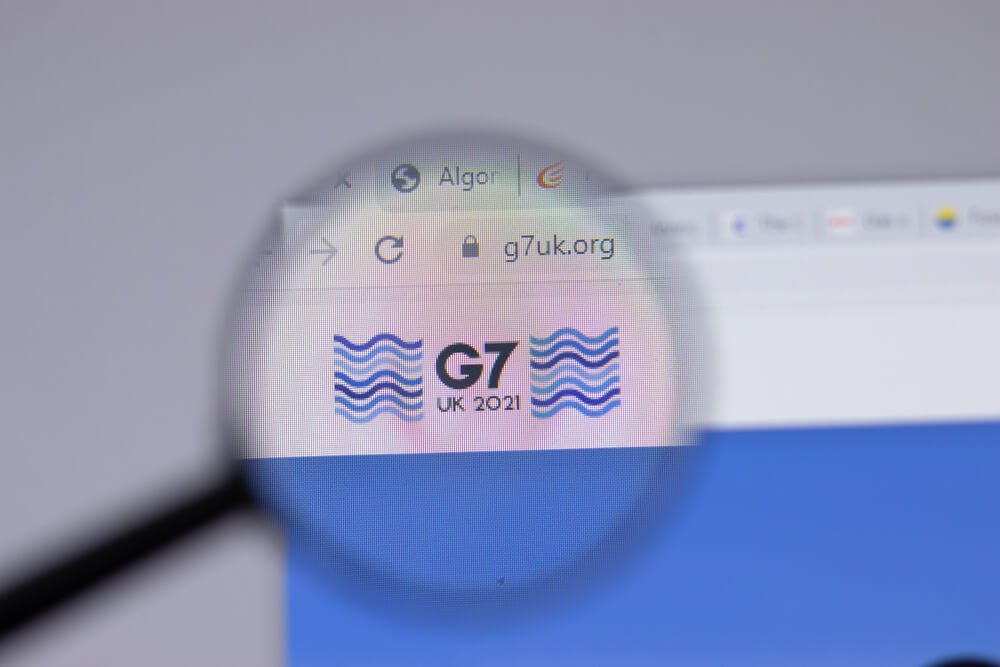

The leaders of G7 have published guidelines for the creation of Central Bank Digital Currencies (CBDCs) that state the digital currencies must “do no harm” and meet stringent rules.
The G7 – comprising of France, Germany, Italy, Japan, Canada, the UK and the US – met in Washington DC on Wednesday, where finance ministers drafted a framework of 13 principles.
CBDCs are a virtual form of fiat currency. They are issued by central banks and aren’t decentralised. They are backed up by the government and its traditional finance backing. These currencies have the potential to simplify monetary and fiscal policy through easier distribution. This can also help create greater financial inclusion aiding those who don’t have access to traditional banking options.
The principles and aims for CBDCs laid out in the G7 Public Policy Proposal include: maintaining monetary and financial stability; keeping users data private; aiding cyber security; enabling healthy competition in the decentralised finance sector; limiting criminal transactions; a ‘do no harm’ principle to users and pre-existing financial institutions; limiting environmental impact from CBDCs; promoting financial innovation; faster cross-border transactions; increasing financial inclusion, and aiding international development.
In a statement published alongside their policy proposal, the G7 leaders stated that “innovation in digital money and payments has the potential to bring significant benefits”.
They added that any digital currency they created would have to “complement cash”, and act as a “liquid, safe settlement asset and as an anchor for the payments system”.
The G7 rulebook for digital currencies follows on from previous work done in the sector by the World Economic Forum which issued a CBDC ‘toolkit’ to help aid the development of digital fiat currencies.
Denver, Colorado, 24th February 2025, Chainwire
Denver, Colorado, 20th February 2025, Chainwire
Washington, D.C., 18th February 2025, Chainwire
Dubai, UAE, 27th January 2025, Chainwire
Those who enter the market at this time may be surprised to hear that Bitcoin…
George Town, Grand Cayman, 22nd November 2024, Chainwire